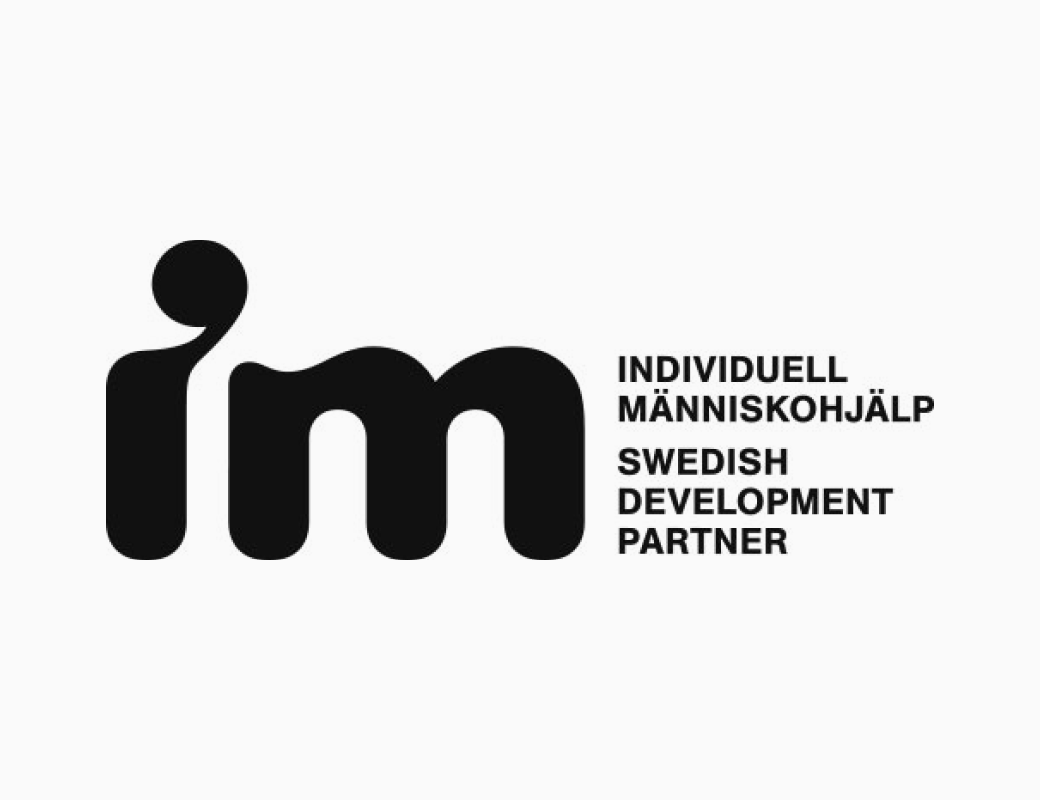A Human Security Approach to Gun Violence
Physical security and full access to human rights are inextricably linked. IM’s experience has shown that gun violence threatens human security of our right-holders, impeding all human rights work. That is why we have started to work on tackling the root causes of gun violence, including poverty, lack of good governance and cultures of violence. Approaches to ending gun violence which only focus on security are insufficient and frequently do not respect the human rights of those targeted.
Read more:

Prevent Gender Based Gun Violence!
During the ongoing COVID-19 pandemic, violence against women and LGBT* persons has been increasing. Isolation, anxiety, and economic insecurity can be factors associated with increased control and violence within the home. In cases of domestic violence the presence of a gun increases the likelihood of homicide five-fold. Maybe you have seen worrying trends in your surroundings? Your actions are important right now because now we must create a safer society together. Everyone has responsibility!
Read more:

The Africa We Want: Silencing the Guns.
It is argued that coordinated measures to stop the proliferation and misuse of arms must not just aim at removing guns from the streets of Africa and from criminal gangs and traffickers, but must also involve the effective implementation of internationally agreed best practices by state authorities, agencies and security forces, as well as involve the strengthening of national laws in line with relevant treaty obligations of African States relating to the transfer of weapons, munitions and related equipment. This paper examines how arms control and disarmament efforts can contribute to solving the multifaceted challenges of the African Union (AU) project called “Silencing the Guns”. This project was initiated in 2013 on the 50thanniversary of the AU with the aim of ending all wars in Africa by 2020.
Read more:
Voices of Women: On guns, violence and activism
While the gendered dimension of gun violence have slowly received more attention in the relevant forums, there is a lack of understanding of the multifaceted impact gun violence has on women. This paper aims to address this gap by providing perspectives of women affected by gun violence. Instead of letting statistics speak, this paper lets women speak.
Read more:
Gender-based gun violence policy paper: South Africa case study
Recognising the lack of women and LGBTQI voices in international disarmament discussions, IM Sweden
commissioned a series of country case studies to raise the voices of women and LGBTQI gun violence survivors and activists.
In South Africa, Gun Free South Africa, an NGO that works to reduce gun violence to create a safer and more secure country, was appointed to undertake a literature review and series of interviews with survivors and activists to help fill gaps in our understanding of armed violence.
Read more:


